Understanding Brokerage Charges in India: A Complete Guide for Traders and Investors
By CapitalKeeper | Beginner’s Guide | Indian Sock Market | Market Moves That Matter I 28th June 2025
Brokerage Charges in India: A Trader’s Complete Guide
Whether you trade stocks occasionally or actively speculate in futures & options (F&O), brokerage charges directly impact your net profit. Understanding how they work is essential to making smart decisions, choosing the right broker, and managing trading costs.
What Are Brokerage Charges?
Brokerage charges are fees levied by brokers on buy or sell transactions executed through their platform. They can be:
- Flat per trade fee (e.g., Rs. 20 per executed order)
- Percentage-based fee (e.g., 0.1% of transaction value)
Different segments like equity delivery, intraday, F&O, and commodities have different brokerage structures.
Types of Brokerage Structures in India
1. Discount Brokers
These brokers (Zerodha, Upstox, Groww, Angel One) offer low-cost trading with flat fees, typically:
- Equity Delivery: Free or Rs. 0
- Equity Intraday/F&O: Rs. 20 per executed order
2. Full-Service Brokers
Traditional brokers (ICICI Direct, HDFC Securities, Kotak Securities) charge a percentage-based fee:
- Equity Delivery: 0.3% – 0.5% of turnover
- Equity Intraday: 0.03% – 0.05% of turnover
- F&O: 0.03% – 0.05% of turnover
They also provide research, advisory, and relationship managers.
Other Charges to Consider
Besides brokerage, traders also pay:
- Exchange Transaction Charges: NSE/BSE fees on turnover
- STT (Securities Transaction Tax): Government tax on buy/sell trades
- GST: 18% on brokerage + exchange charges
- Stamp Duty: State-wise duty on traded value
- SEBI Turnover Fee: Nominal fee by regulator
How Brokerage Affects Your Trading Returns
High brokerage eats into small profits, especially for active traders. For example:
| Trade Value | Brokerage (Flat) | Brokerage (0.1%) |
|---|---|---|
| Rs. 1 lakh | Rs. 20 | Rs. 100 |
| Rs. 5 lakh | Rs. 20 | Rs. 500 |
Thus, high-volume traders often prefer discount brokers with flat charges.
Tips to Reduce Brokerage Costs
- Use discount brokers for intraday & F&O trades
- Consolidate trades instead of placing multiple small orders
- Compare brokers’ hidden charges (call & trade fees, software costs)
- Negotiate rates if trading large volumes with full-service brokers
Final Thoughts
Brokerage is just one part of trading costs, but controlling it is crucial to improving net returns. Research, compare, and pick a broker whose fee structure matches your trading style.
📌 For more real-time updates, trade setups, and investment insights — follow us on [Telegram] and subscribe to our newsletter!

📌 Disclaimer
The content provided on CapitalKeeper.in is for informational and educational purposes only and does not constitute investment, trading, or financial advice. While we strive to present accurate and up-to-date market data and analysis, we make no warranties or representations regarding the completeness, reliability, or accuracy of the information.
Stock market investments are subject to market risks, and readers/investors are advised to conduct their own due diligence or consult a SEBI-registered financial advisor before making any investment decisions. CapitalKeeper and its authors are not liable for any loss or damage, direct or indirect, arising from the use of this information.
All views and opinions expressed are personal and do not reflect the official policy or position of any agency or organization. Past performance is not indicative of future results.
By using this website, you agree to the terms of this disclaimer.
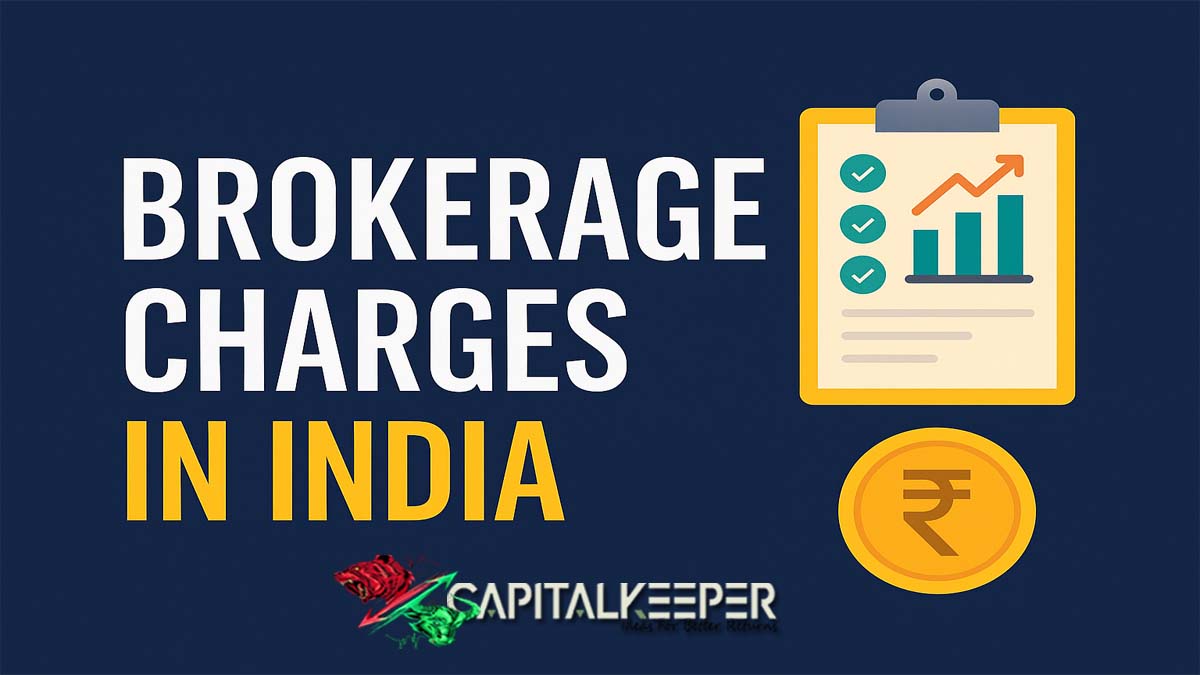



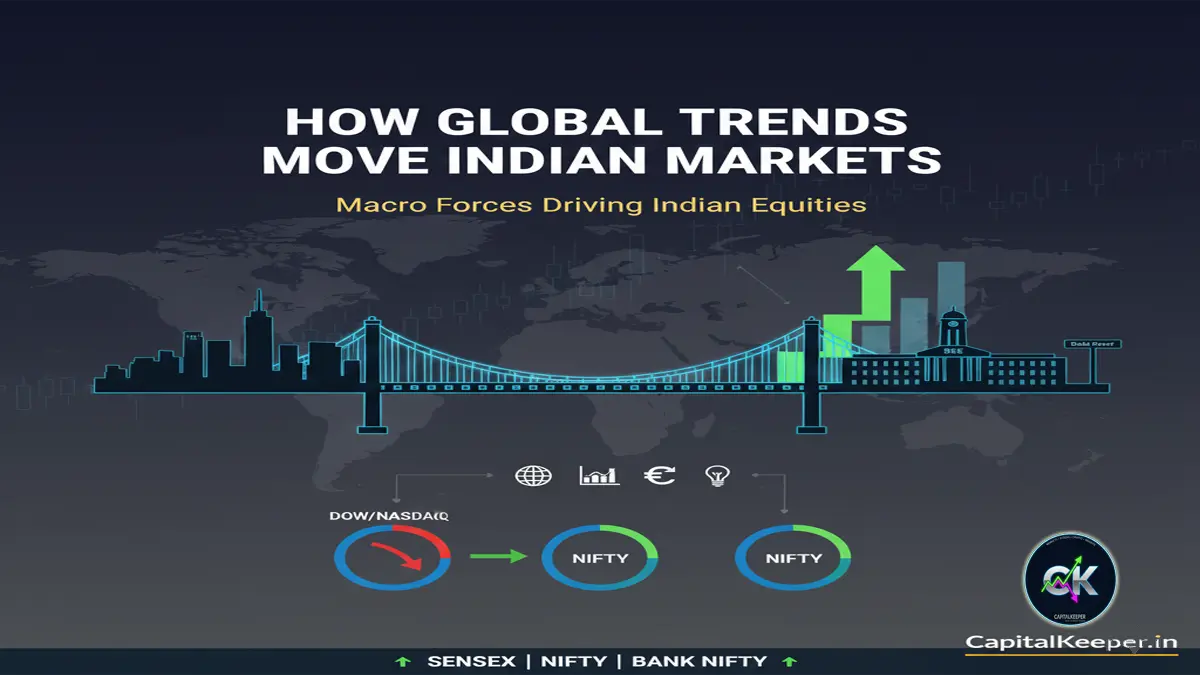





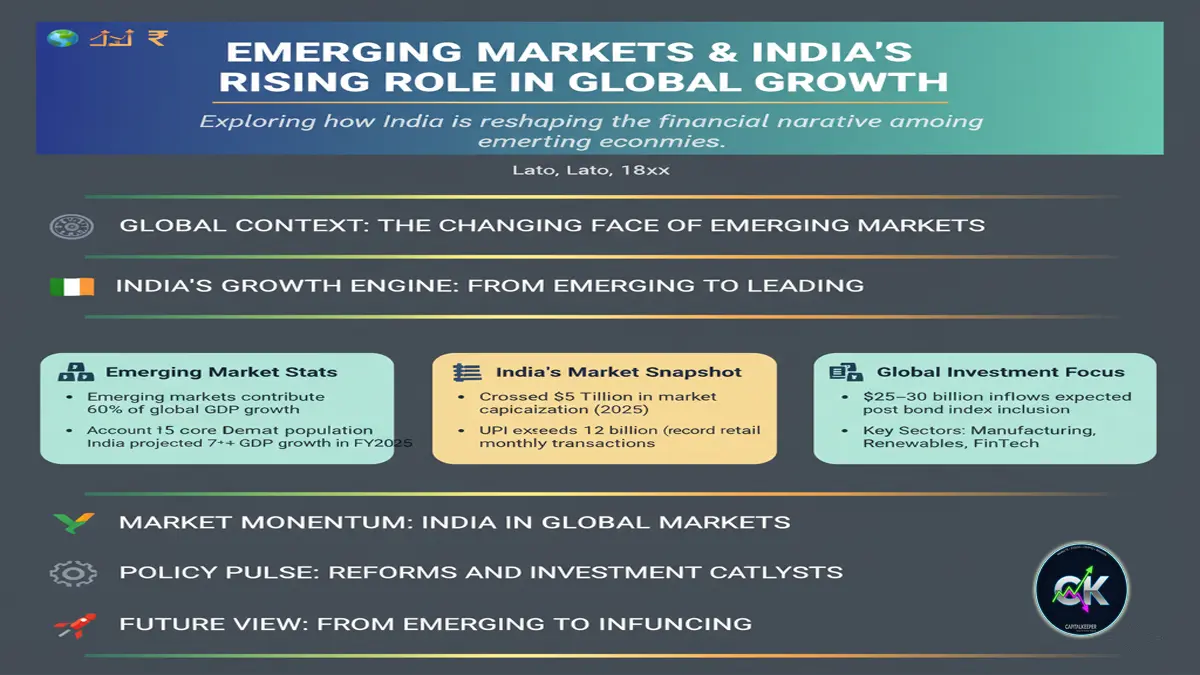

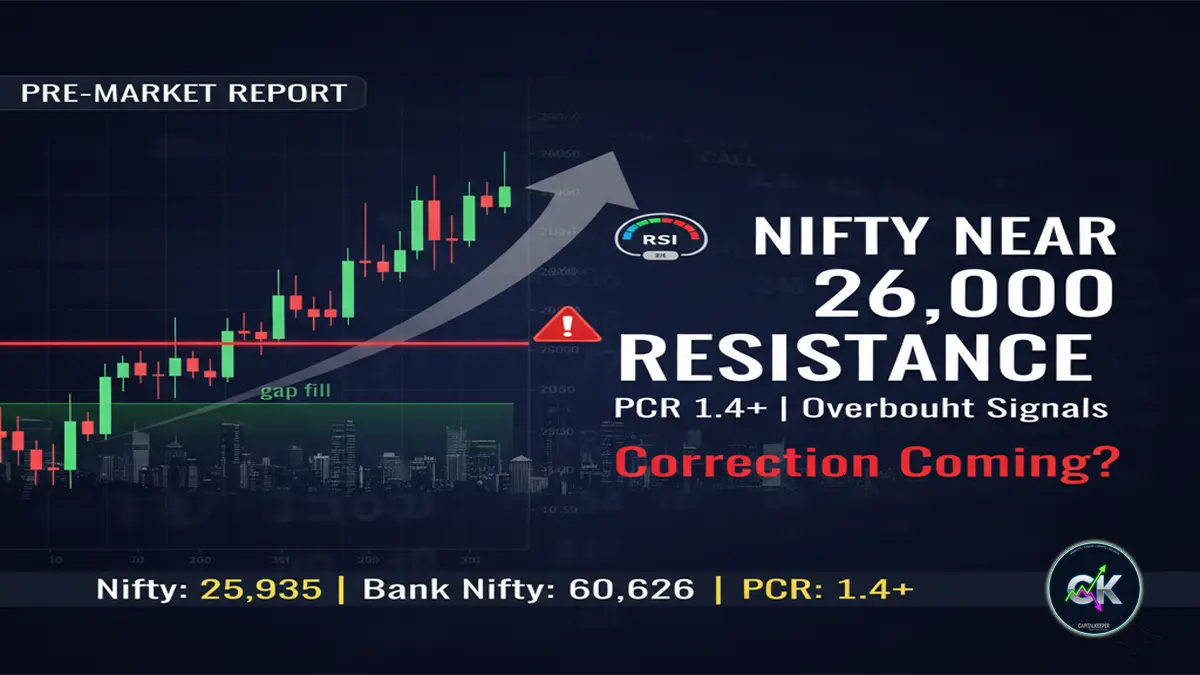
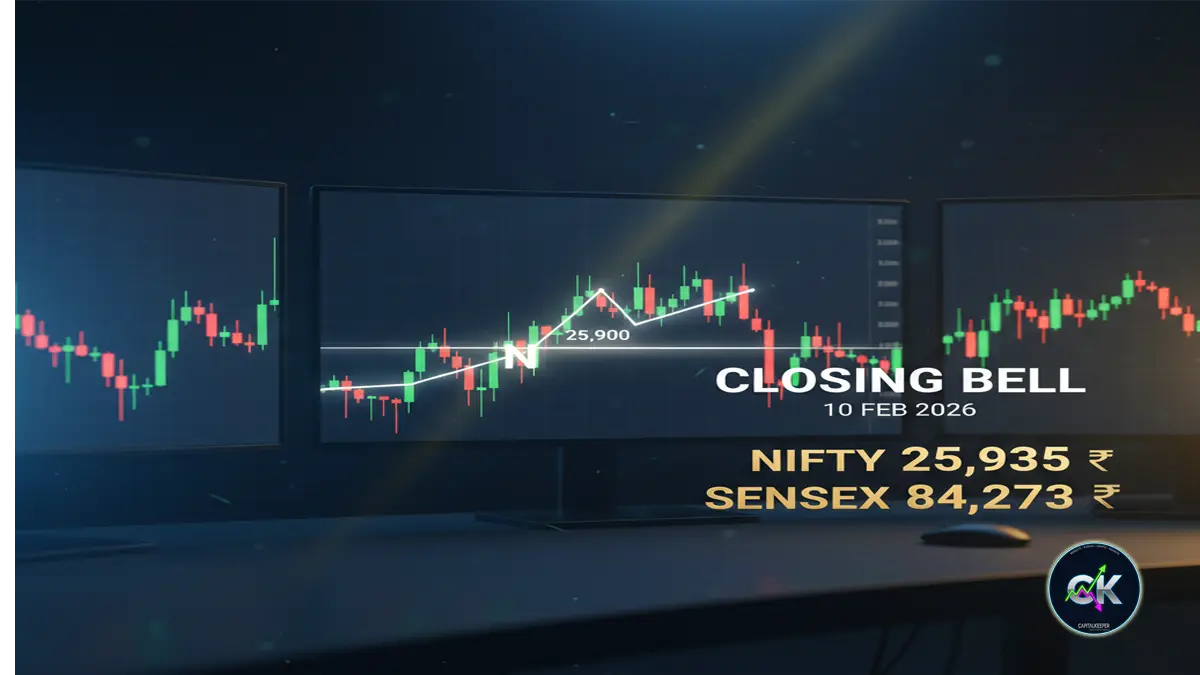
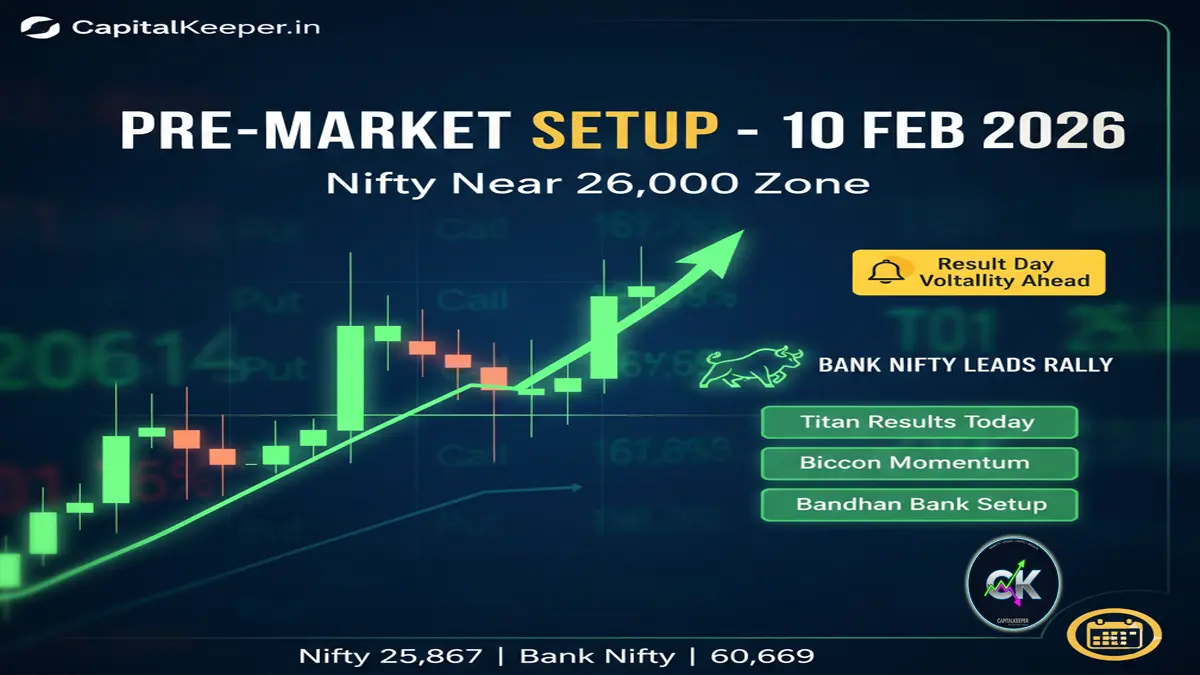

Leave a Reply